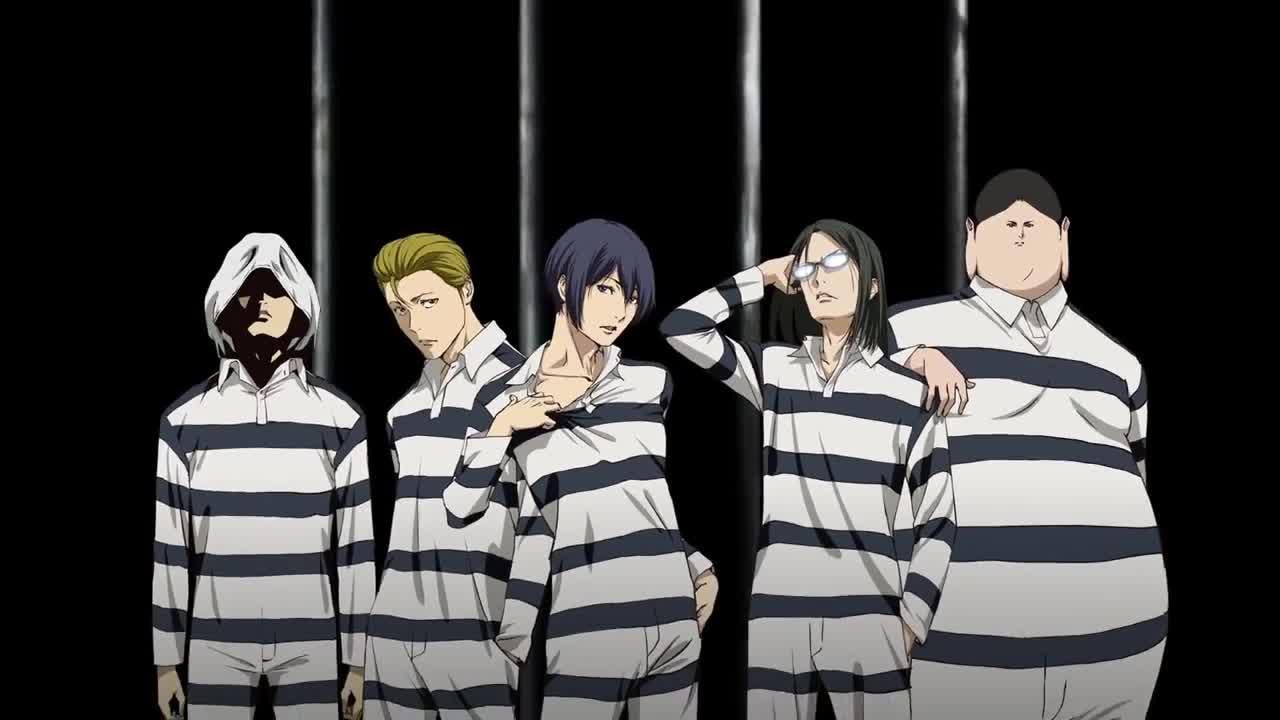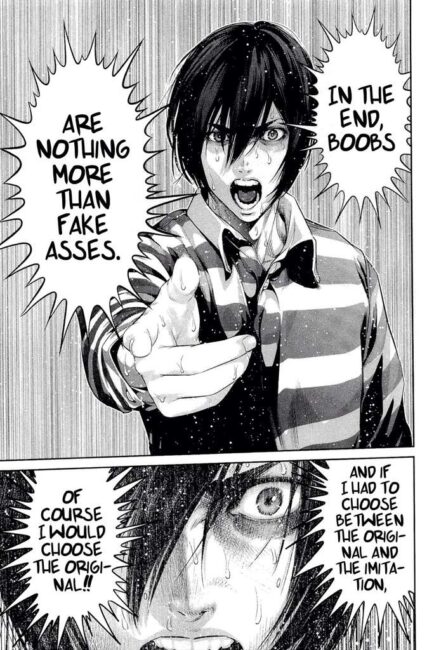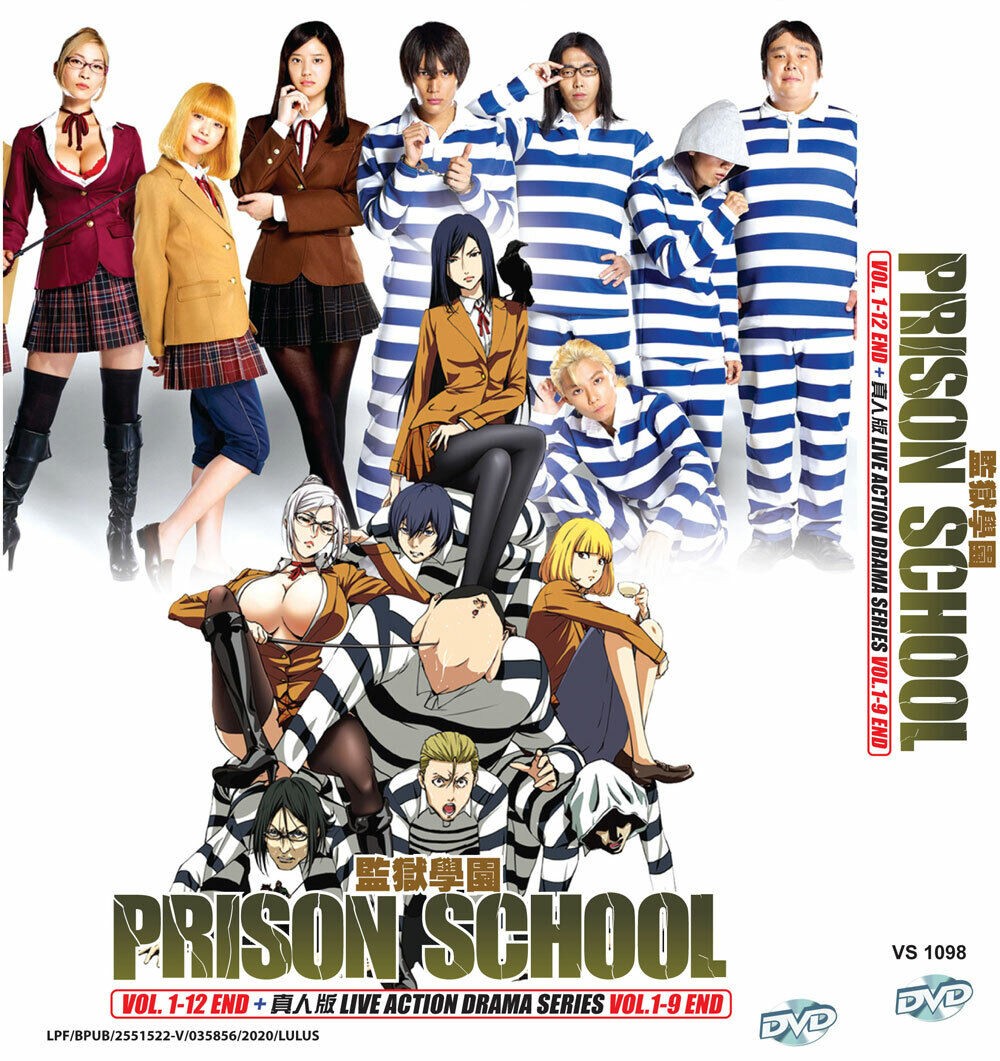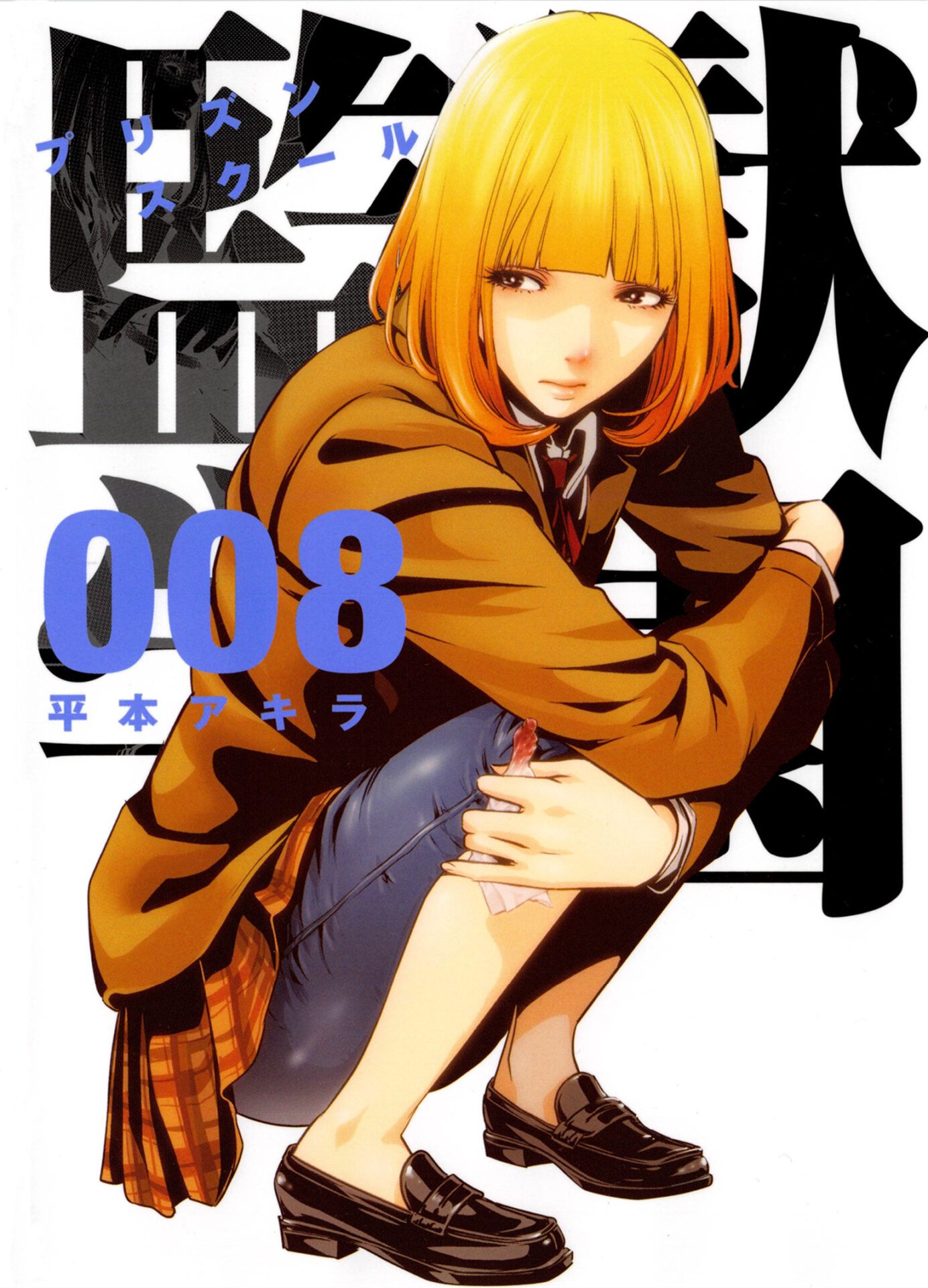Sad but true: sometimes we can only embrace our LGBTQ+ identities through watching the straightest cis-est shit of all time.
I was a loner kid. This is an exaggeration that doesn’t account for the times I stumbled into friendships for one school year tops, or the jokes I occasionally liked telling. Let’s just leave it at the most important parts: I had no social skills and would steal any opportunity to leave breakfast, lunch, or school events to go on the computer and read manga.
As I reached twelfth grade, I started to wonder, “…Wait, aren’t I supposed to want to be kissing people and stuff? Has puberty just not finished happening to me yet?” I became newly aware of the people snatching kisses in the moments between classes. Of the kid who, for reasons beyond me, wanted to kiss me—and then never even met me at the water fountain to do it.
Deeper down, I was very uncomfortable with the sheer existence of sex. It confused me that people wanted it, and it unnerved me that seemingly all of pop culture expected me to have it.
In distress and confusion, I reached out to my sibling about the situation. They were on the up-and-up and basically told me, “There’s actually a term for what you’re experiencing, there’s a lot of people like this…” But for some reason, this kind of bounced off of me. It didn’t give me much relief. In fact, I all but forgot about that label. I shifted from “what am I” to “why am I so weird,” and that question never seemed to have an answer.
If that didn’t really make me feel better—despite my wonderful sibling’s best efforts—then what would? Maybe something to bring me into a gentle and comfortable relationship vis-à-vis sex? An awareness that there have been people not just in the 2010s and on, but throughout history who haven’t really cared about sex, yet were considered healthy human beings?
Well, yeah, that could’ve helped, but I wasn’t exactly a free-roaming college student with access to LGBTQ+ campus clubs or dating scenes or anything like that.
Besides, people aren’t rational. Sometimes they don’t need kind affirmation. Sometimes they need stories that are terrible and disgusting.

Prison School? That was the shit. My sibling and I were all over that. When they told me that the author of the amazing prestigious historical manga Me and the Devil Blues went on to make this, I was floored. I devoured dozens of chapters well before the official translations came out.
The artwork is amazing. The suspense is superb. The situations the leads stumble into are endlessly creative. And the whole story is…really not smart at all. It’s extremely crass and juvenile.
If you don’t like gonzo comedy and you can’t stomach the male gaze piercing through the whole thing, there’s no way you’ll go for this, and that’s totally okay. But a certain audience will be amazed by it as I was.
Prison School is the story of the first five boys accepted to an all-girls school. The school deems them so degenerate that they are placed in a literal prison in the middle of the campus, complete with old-fashioned striped prison garb. A corny-ass dominatrix torments them and makes them do hard labor. All while, in increasingly absurd and sexual and embarrassing scenarios, the five guys try to interact with someone, anyone on this campus and live out some flavor of normal high school life, romance of course included.

For a very long time—as you probably could have predicted—I would barely touch any story where female characters showed much skin. On one hand, yes, loads of anime have abusive “fanservice” and it surely surprises no one that lots of people hate watching a girl go “uwaaah!” as men crash into her exaggeratedly huge boobs. But did I seriously hate Faye Valentine just because she “dared” show cleavage? Apparently so. That’s just hating people for embracing sexuality, and I was wrong for that.
Prison School has its share of over-the-top “fanservice.” Yet for some reason, I kept reading it. Looking back through my young adult life, I see stepping stones, stories that upped my tolerance for certain things. Parasyte was the first seinen manga I read and loved, feeling it was a mature undertaking…then came Berserk, a story with more gore, nudity, and terrifying, very adult situations. I’m sorry to imply that Berserk was a stepping stone to fucking Prison School, but here we are.
Besides, to give Prison School its due, it may not be considered a classic, but it is—like I said—baffling and thoroughly creative, a thriller that keeps you guessing. The art and the bizarre conversations characters have in the name of greater sexual knowledge are just as inventive (see the “tits vs. ass” debate, as well as penis chins, medusa crotches, pee humans—wait, why are you leaving?).

When I entered college, by some bizarre string of circumstances, I ended up sharing the Prison School anime with my new friend. We were so into it that when Season 1 ended and there was no Season 2, we crammed the live-action version (which is vastly inferior, by the way).
That friend became my partner and the first person with whom I experienced anything sexual. If one of the thoughts in your head right now is “I can’t imagine a less tantalizing first date,” then maybe you’re starting to get why we chose to call each other platonic partners, not “two people dating.” Maybe it makes sense to you that neither of us were all that interested in the idea of romance, either, because we didn’t get why we should want it.
What’s Normal?
Throughout college and grad school, I ran around trying to create art related to my sexuality. Basically I was convinced that to be a true artist, I needed to say things that I knew intimately. Well, it seemed the only thing that could possibly fit that bill was some facet of my own identity. I was a loner, remember—and I had grown up all but cloistered in the suburbs. My life experience was exceptionally limited.
But I didn’t feel like I knew jack shit about most of my identities—race, nationality, class—that other people couldn’t say ten times as well. Plus, I didn’t think that hard about them in my daily life. These were really topics that required research, and I was not a researcher (I both disliked it and sucked at it). So it became natural to write and speak about the things I was most fixated on, had agonized most about, which were all connected to sexuality.
It took me a very long time to realize I didn’t have to create tell-alls to sufficiently “get things off my chest” or clear my traumas or be a true artist or what-have-you. A few of these writings and poems are out in the world…and probably free for those types who laugh at “lolcows” to excavate and make fun of if they’re that desperate. As personal essays, they probably won’t be developed much further than that.

It also took me a very long time to realize my story is not that different from others, it’s not that individual to me. People have not cared for sex for years, and decades and centuries. But in a world where so much of our perceptions is tied to popular culture, and the hot topics that sell, people like me who feel like we grew up in suburban boxes haven’t necessarily known that there have been people like us.
Everything about me and all my identities that feels isolating is something that untold amounts of people on this planet agree with. “I don’t like bars.” Yeah, I’m sure my grandmother didn’t, nor my other grandmother, or my dad, or most of my cousins, or half the people on this street, or those kids at my school who, instead of going into the city, hung out at each other’s houses.
Examples have been all around me, but there’s something about the grip of pop culture, societal expectations, and the isolating sadness I feel when I step into a bar—world of love and social capital—and leave genuinely not understanding how people tolerate it or keep up a conversation in the middle of all that music that makes me forget all of that.
That’s very similar to how I feel about sex. And millions of people don’t care for sex. Many of them don’t have the exact same reasons for disliking it that I do, but many do.
Even when to comes to the strangest or most specific things about me, I would bet that there are a thousand people minimum in the exact same boat. Just because they’re not all writing blog posts about it that I happen to later find and read doesn’t mean the sentiment is not out there. Literally everything I experience in my loner bubble, everything that makes me think “nobody I talk to about this could possibly relate,” has been named, labeled, examined by another human being.
That is basically one reason why having so many labels floating around in this modern era is important. Yes, I’m a stuck-up and highly judgmental person to this day; there are many modern terms in the worlds of sexuality and gender and romantic orientation that make me go, “Ugh, I really don’t like that word. It just doesn’t sound good or necessary to me.” But that’s not really the point. By seeing all of these labels, I have begun to crawl out of my suburban box and realize, “Oh. So these very specific things I’ve felt that I had no idea others experienced…they do exist out there. And some of these other labels, they’re not so different.”
I don’t know about you, but the less judgmental part of me is fascinated by this torrent of labels, labels that I think are gaudy or splitting hairs, labels that have a point to someone and don’t even need a reason to exist, other than because they pleased someone, resonated with someone, are a lived reality to someone.

…The strange thing about growing up in a box in the suburbs is, many things about the world that were probably obvious to my parents, to their wider social circles, to them in their greater awareness of older generations and the people who lived them—were not obvious to me for years, maybe more than a decade, longer.
Most of what I learn about people, I don’t learn about by going to meet them. I learn by reading a book or watching TV or poking around on a website. I didn’t run around with a pack of neighborhood kids, I didn’t hang out at parks or malls with fellow teenagers. I compared myself less to my peers in the hallways than to whispers on the wind of pop culture. I would hear about a movie called American Pie and realize I was supposed to have sex that way—I didn’t hear real people talking about sex one way or the other.
“Why do you people need labels?” someone might ask me. “You don’t need to wear these words like a badge. Why can’t you just say that you are the way you are, and leave it at that?”
I think my answer would come from my upbringing. From the fact that my notion of “normal” was superflat. I literally was not aware that there are many, many people whom others looking from the outside might classify as gay, ace, fluid, and so on, who don’t label themselves in those ways, who don’t make it a part of their everyday lives, who have existed throughout history. People in my generation do have to put a label on it, and one reason is because otherwise most people simply don’t talk about these things. Or they’ll talk about them, but in amorphous ways, like “my grandmother, she never liked…” or “I used to know a guy who…” They won’t codify them the way people do the conventional romances, the relationships and ways of being that communities will not only recognize but put in plain sight.

Looking back, it was very important, to me in my little ridiculous world, to have little ridiculous stories that reaffirmed my thoughts and opinions about what was ridiculous in the world. It was amazing to have a story showing sexuality as bizarre and disgusting because to me, it just felt like “telling it like it is.” It was damn near the only thing “telling it like it is.” Behind all the exaggeration of a screwball comedy was a voice that seemed to say, sincerely, “Yeah, maybe it’s not worth it to pursue this. You can laugh at it.”
It’s not all that important to me personally, within my own world and psyche, to see more fictional characters representing the labels I use or have used. I have a weird squirmy feeling about picking up TV shows or comics just because I heard one of the characters is asexual. It makes my brain then want to start picking apart the portrayal for how similar or dissimilar it is to me. I dunno, I’m just really touchy and sensitive about these things. It’s great that it’s happening, but I have no real magnetism in me seeking it out.
So I guess straightforward representation, and even straightforward labeling of myself, has never sparked much happiness in me. What I like most is just seeing a wider variety, seeing how people across a spectrum of spectrums interact and explain their inner worlds.
You’d have to really squint to see Prison School as “an ace story.” But it helped me through a time when I had no way of comfortably approaching the topic of sex. It helped me stand askance from sex and laugh at it—which helped me to enter a mode that was healthier for me, a state of slow curiosity, acceptance. So Prison School was surprisingly important in this island of my life.
Thank you for reading, and Patrons, thank you for Patreonning.
My blog can more or less be split into three parts: Introspection (Who Was Ms. Wood? (or: Why Am I So Tactless?)), Manga and Stuff I Liked in the 2010s (Karakuridōji Ultimo Review: Too Much Promise), and Making Art (Schedule Slip and Not-So-Daily Tasks). Sample them all!
